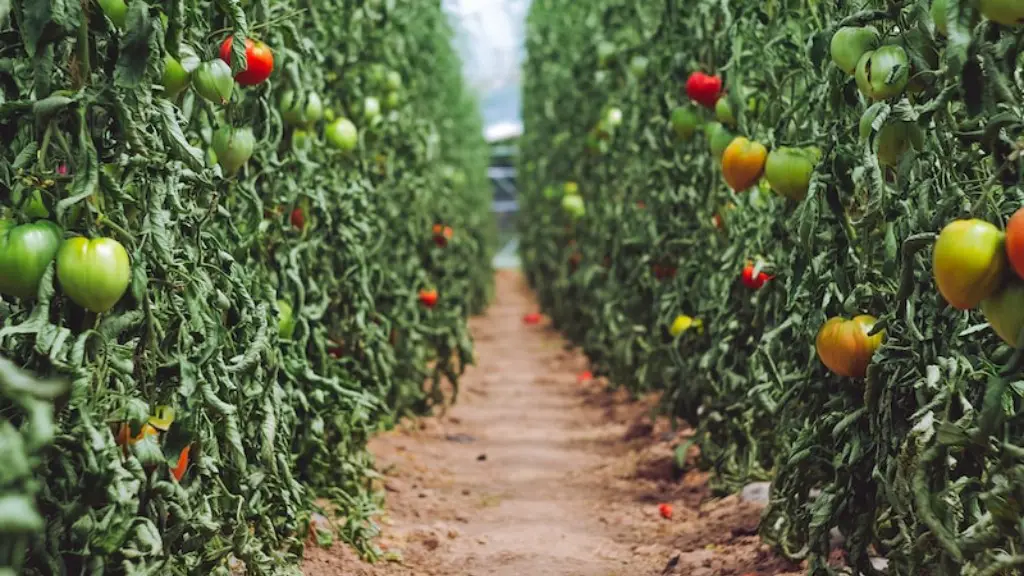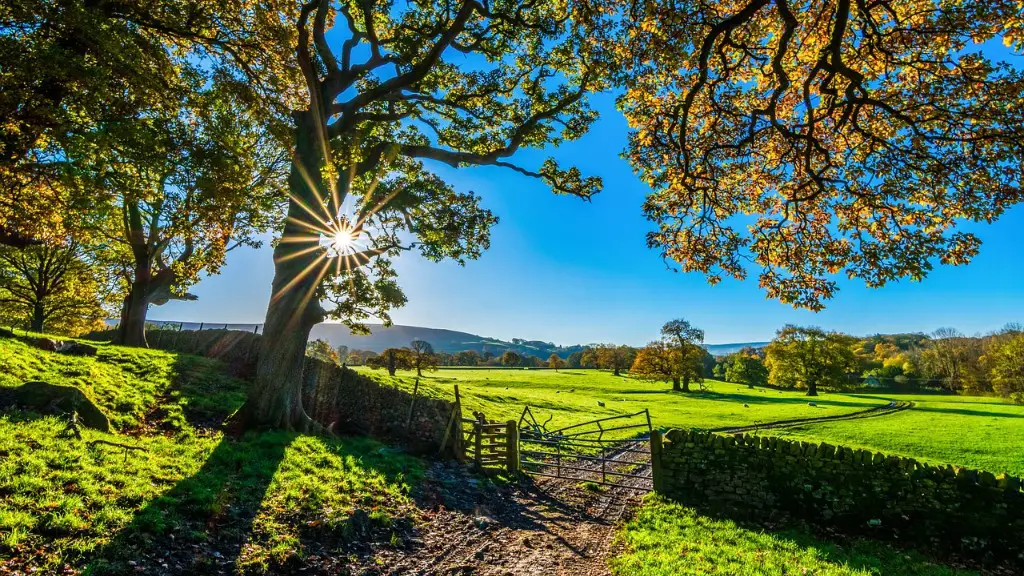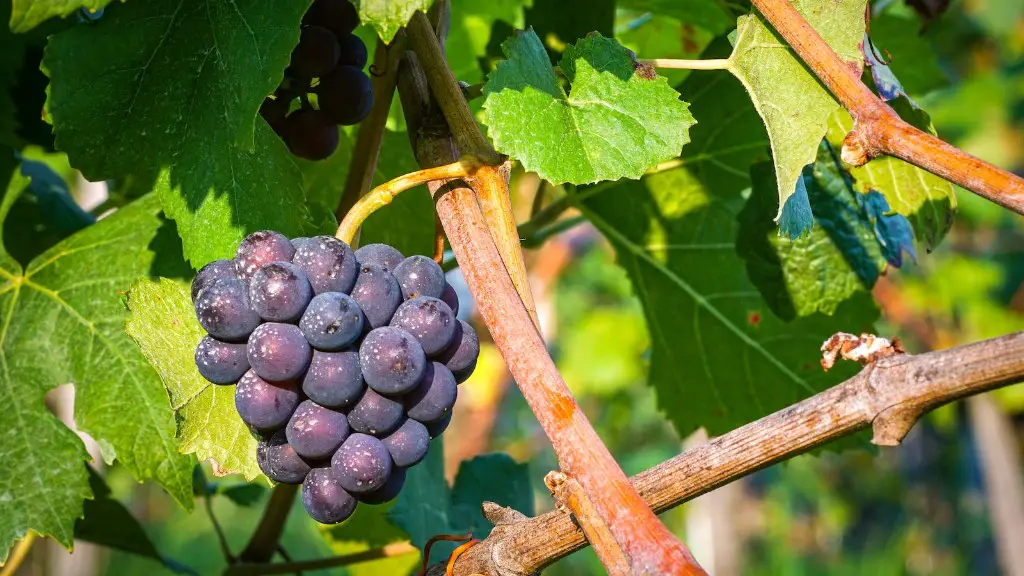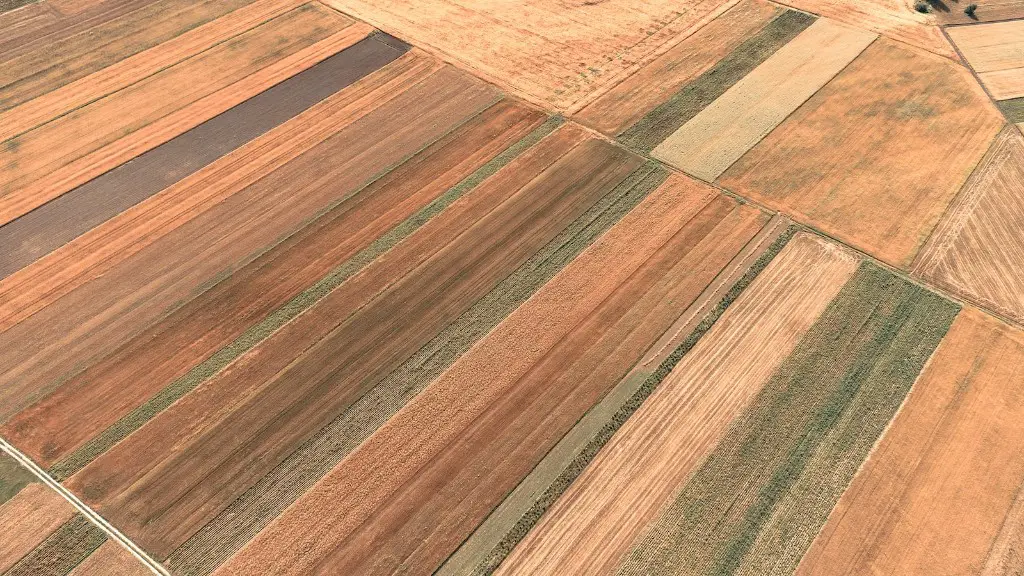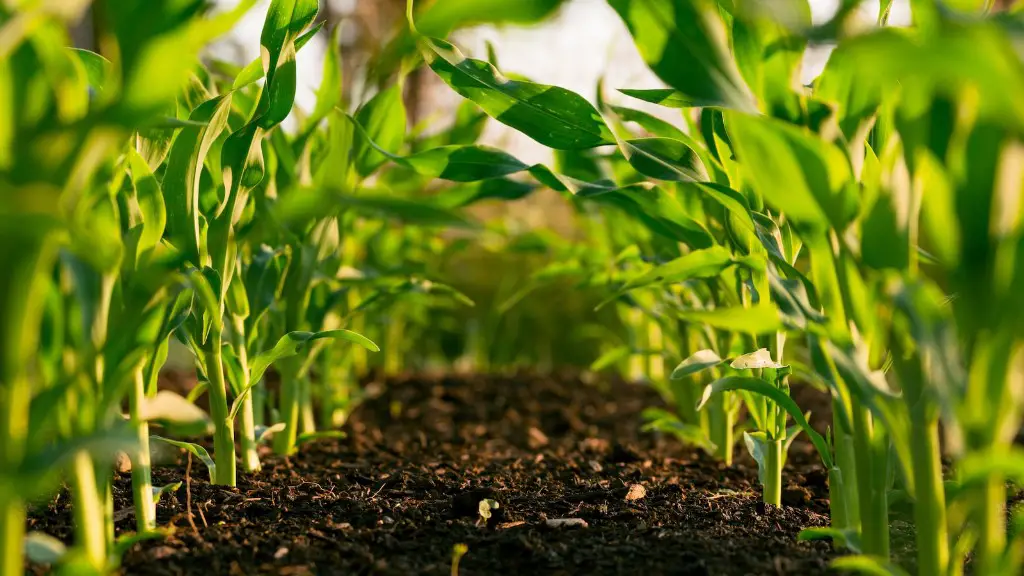Is Black Soil Good for Agriculture?
The suitability of soil for agricultural production largely depends on various properties, including texture, colour, texture, fertility, drainage and depth.
Black soil, also known as ‘regur’ soil, is one of the most versatile, deep and fertile soils. It is rich in organic matter, calcium and other essential nutrients, making it ideal for agricultural operations.
The benefits of black soil for agriculture are twofold. On one hand, it is highly absorbent, meaning it quickly absorbs and retains water, making it an ideal medium for irrigation. On the other hand, its high organic matter content provides a conducive environment for organic farming.
Furthermore, the presence of clay in black soil helps to improve soil structure, which aids in water and nutrient retention. The soil’s compostability further enhances its fertility and protects it from nutrient leaching that can occur from excessive irrigation.
Moreover, black soil is resistant to high temperature and drought, which makes it an ideal choice for farmers attempting to cultivate crops in such conditions. Lastly, its dark colour helps keep the soil cooler, which is beneficial for the growth of some plant species.
Nursery Gardening
Black soil is recommended for nurseries as it provides sufficient aeration, moisture retention and positive drainage. Besides, its rich nutrients ensure the healthy growth of plants in the medium. The soil’s ability to absorb and hold water makes it ideal for nursery cultivation since water is essential to seed germination and sustains the growth of the seedlings.
In addition, the presence of clay in black soil helps promote root development by anchoring the roots in the medium. It also supports the growth of beneficial worms and microorganisms, which are beneficial for soil health and plant growth.
Therefore, its organic content and other components make black soil a practical choice for nursery gardening, especially in areas with insufficient water and heat. The soil can also be mixed with compost or manure to increase its moisture and nutritional content.
Crop Cultivation
For crop cultivation, black soil is considered a favourable option due to its fertility and depth. The soil’s ability to hold water and nutrients ensures that plants can access a consistent supply of essential resources, even during dry periods. Furthermore, the soil’s efficient drainage facilitates the delivery of nutrients to the root systems of plants.
Additionally, the soil’s stability helps to protect crops against potential waterlogging and soil erosion, thus increasing yields. Additionally, tilling the soil with organic matter or manure can further improve yields by increasing the nutrient uptake of crops.
In addition, the soil’s strong structure limits soil compaction, which can occur during periods of heavy rainfall or due to machinery. Therefore, black soil is ideal for long-term crop cultivation and is considered a suitable option for farmers wishing to conserve soils for future planting activities.
Double Cropping
For double cropping, black soil serves as a viable option due to its capacity to retain nutrients, moisture and warmth. Its dark colour helps keep the soil warm, which is beneficial for the growth of certain plants particularly during colder seasons.
Moreover, its fertility enables plants to access consistent amounts of essential resources for future seasons. Its high levels of calcium and magnesium further help to replenish essential nutrients in the soil, which can be further enhanced by the use of organic fertilisers.
Furthermore, its efficient drainage prevents waterlogging in the medium, preventing the roots of the plants from getting waterlogged. In addition, its deep depth facilitates multiple layers of root development, which can boost the crop yields.
Livestock Farming
Black soil is also recommended for livestock farming due to its resistance to high temperatures. Its absorbent properties absorb and retain water during dry periods, providing livestock with an adequate supply of water for sustenance.
Moreover, the presence of organic matter in the soil helps to reduce the risk of disease in livestock. The soil’s compostability also helps to replenish the nutrients in the medium, thus providing a healthy environment for livestock feeding and breeding.
Lastly, the soil’s high fertility helps to increase the productivity of forage crops such as grass, clover and vetch, providing livestock with a consistent supply of food and nutrition. Therefore, black soil is considered a suitable option for those involved in livestock farming.
Fruit and Vegetable Production
Black soil is often used for growing fruit and vegetables since its texture and fertility support the growth and development of such crops. The soil’s ability to absorb and retain water also helps to ensure that plant roots get adequate moisture.
Moreover, the presence of organic matter in the soil helps to increase the yields of fruits and vegetables by providing essential nutrients to the plants. Its efficient drainage also helps to prevent waterlogging in the medium, which can damage the roots of fruit and vegetable crops.
In addition, its deep depth allows for the development of multiple layers of roots, which can support the growth of different types of plants. Furthermore, the dark colour of the soil helps keep the soil warm during colder months, allowing for the successful cultivation of certain types of fruits and vegetables.
Herbal Gardening
Black soil is suitable for herbal gardening due to its properties. The soil’s deep layers and high fertility help to sustain the growth of herbs. Moreover, the soil’s ability to hold sufficient moisture helps to prevent hydration stress in plants, which is especially beneficial for herbs.
Additionally, its dark colour helps keep the soil warm, facilitating the growth of some varieties of herbs. Furthermore, its efficient drainage prevents waterlogging in the medium, allowing for effective root development.
Moreover, the presence of organic matter in the soil helps to nourish the roots of herbs with essential nutrients for their growth. It also helps to cultivate beneficial microorganisms, which are essential for the health and growth of plants.
Landscaping
Black soil is suitable for a variety of landscaping activities due to its deep layers, fertility and absorbent qualities. Its organic content holds sufficient moisture to help sustain the growth of landscaping plants.
In addition, its ability to retain nutrients helps to ensure that plants have access to a consistent supply of essential resources. It also prevents nutrient leaching, ensuring that plants have continuous access to essential nutrients.
The soil’s efficient drainage prevents waterlogging in the medium, making it an ideal medium for the cultivation of plants. Furthermore, its dark colour helps to keep the soil warm, providing a suitable environment for the growth of some plant species.
